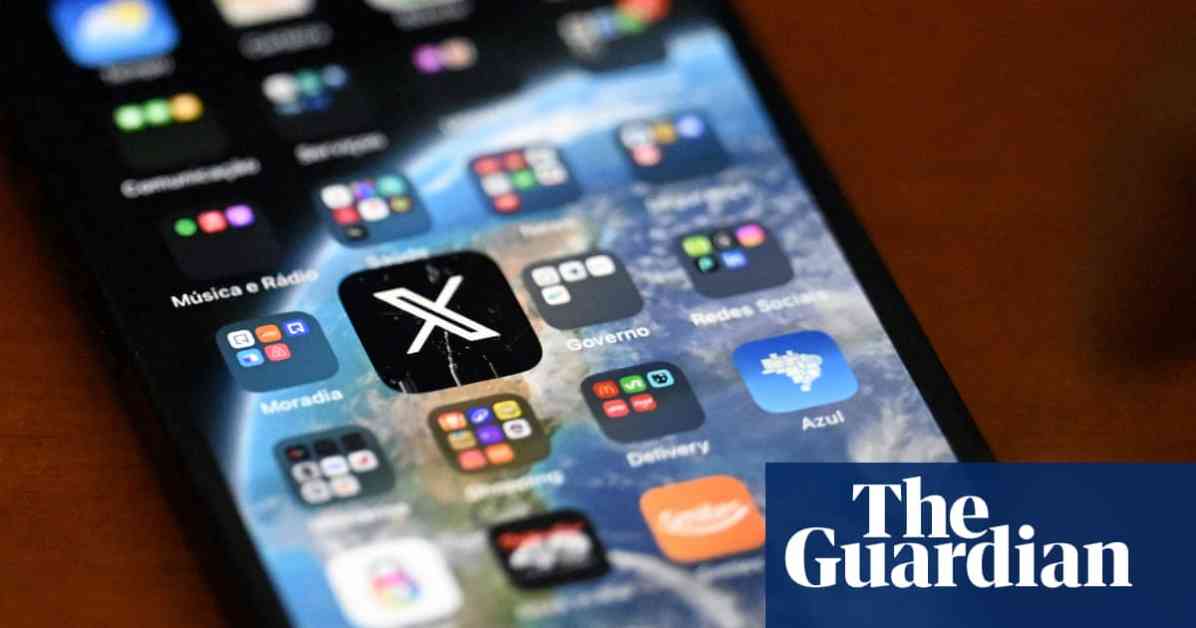British MPs and Global Organizations Targeted in Cyberattack
In a shocking turn of events, British politicians and international organizations found themselves at the mercy of a cyberattack targeting their accounts on the popular social media platform, X. The incident occurred on Wednesday night, leaving MPs and prominent figures scrambling to regain control of their compromised accounts.
Among the politicians affected were Shabana Mahmood, the justice secretary, and Labour MPs Chris Elmore and Carolyn Harris. The hackers took advantage of the vulnerability in the system and posted a message on the compromised accounts. Although the messages were promptly removed, they remained visible on TweetDeck, a tool used to manage X accounts.
The message shared by the hackers included a lengthy code and a declaration of the account being hacked. It read, “THIS IS HACKED ACCOUNT!!!! INTRODUCING HACKED ON SOLANA on each account we hack we publish the token address so we pump it and make profits together.” This alarming message raised concerns about the security of social media platforms and the potential risks associated with such attacks.
History of Cyberattacks on British Politicians
This recent cyberattack is not the first time British politicians have fallen victim to hacking incidents. In 2016, former Labour leader Jeremy Corbyn’s Twitter account was hijacked, resulting in a series of offensive tweets being posted. The tweets targeted then-Prime Minister David Cameron and expressed opposition to the Trident nuclear defense program.
The recurrence of such cyberattacks highlights the vulnerability of high-profile individuals and organizations to malicious actors seeking to exploit weaknesses in online security systems. As technology continues to advance, the need for robust cybersecurity measures becomes increasingly imperative to safeguard sensitive information and prevent unauthorized access.
Global Organizations also Targeted
In addition to British MPs, global organizations were also targeted in the cyberattack on Wednesday night. The World Health Organization, the Great British Menu, and the India branch of the technology company Lenovo were among the entities affected by the breach. The hackers utilized a similar tactic of posting the same message on these accounts, indicating a coordinated effort to infiltrate multiple platforms simultaneously.
While some accounts managed to delete the hacked message promptly, others struggled to contain the damage, allowing the message to remain visible for an extended period. This incident serves as a stark reminder of the challenges faced by organizations in safeguarding their online presence and protecting their digital assets from cyber threats.
Amidst the chaos caused by the cyberattack, British comedian and actor Sooz Kempner also revealed that her account had been compromised. Taking swift action, Kempner changed her password to regain control of her account and prevent further unauthorized access. This incident underscores the importance of proactive security measures and vigilance in safeguarding personal information in the digital age.
As the investigation into the cyberattack continues, authorities are working tirelessly to identify the perpetrators and hold them accountable for their actions. The incident serves as a wake-up call for individuals and organizations to prioritize cybersecurity and implement robust measures to mitigate the risks of future attacks.
In conclusion, the cyberattack targeting British MPs and global organizations highlights the pervasive threat of cybercrime in the digital age. As technology evolves, so too must our approach to cybersecurity to effectively combat malicious actors seeking to exploit vulnerabilities for personal gain. By remaining vigilant and proactive in our efforts to secure sensitive information, we can mitigate the risks of cyberattacks and protect our digital assets from unauthorized access.












